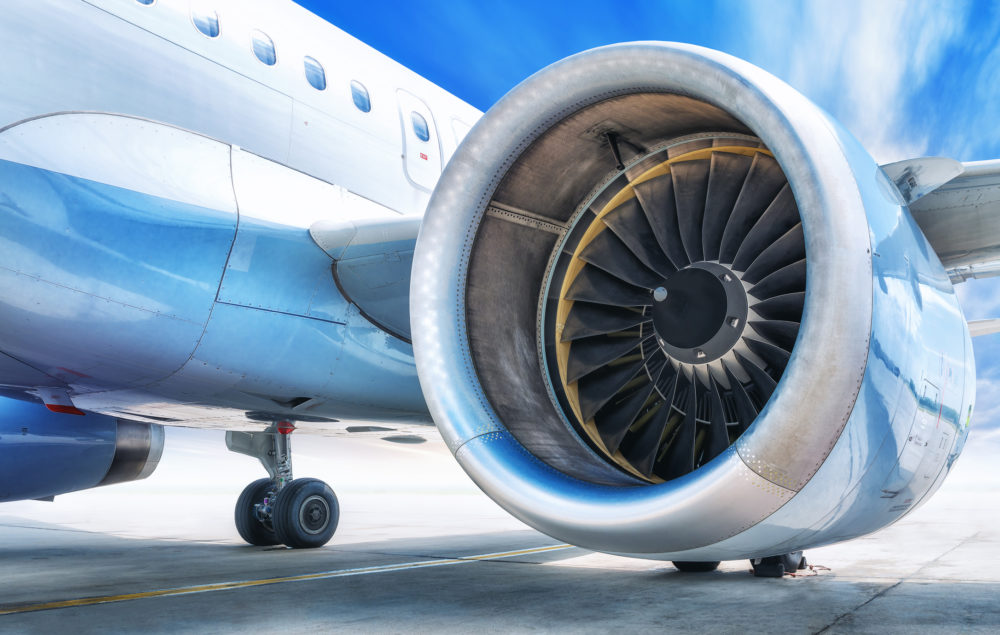Jet engines, increasingly criticized for contributing to greenhouse gases, may turn to an unexpected technology to help them cut emissions: nuclear power.
Not to actually power the engines, though. According to Rolls-Royce Holdings CEO Warren East, speaking at the Aviation Club in London this week, small nuclear reactors may help the industry produce cleaner fuel.
Aviation contributes an outsized portion of emissions relative to the industry’s size — if the commercial sector were a country, it would rank seventh after Germany in terms of carbon emissions, according to a 2015 Center for Biological Diversity report.
Engine makers on the hunt for less-polluting fuels are eyeing synthetics, called electrofuels. They require vast amounts of electricity to produce required hydrogen, and that’s where small nuclear reactors, also known as SMRs or small modular reactors, can be used, East said. Attaching the reactor to a synthetic fuel plant would be a “competitive solution,” he said, according to Bloomberg News.
Electrofuels are made by combining hydrogen with carbon from carbon dioxide. Hydrogen is extracted from water with electrolysis, the most power-intensive part of the process. East said that Rolls-Royce would team up with an alternative energy startup or petrochemical company to produce the technology, Bloomberg reported.
While the technology sounds promising, it may meet resistance in Europe, where the population is largely opposed to nuclear power. After Japan’s Fukushima disaster, Germany pledged to close all of its nuclear reactors by 2022, while other countries on the continent stopped new plant construction.
- Rolls-Royce has said it is building a synthetic fuels demonstration plant in Germany’s Brandenburg state.
- The company also is part of a group developing a small reactor to generate cheap, clean electricity, and recently secured $47 million in public and private funding to advance the design, Flight Global reported.






















